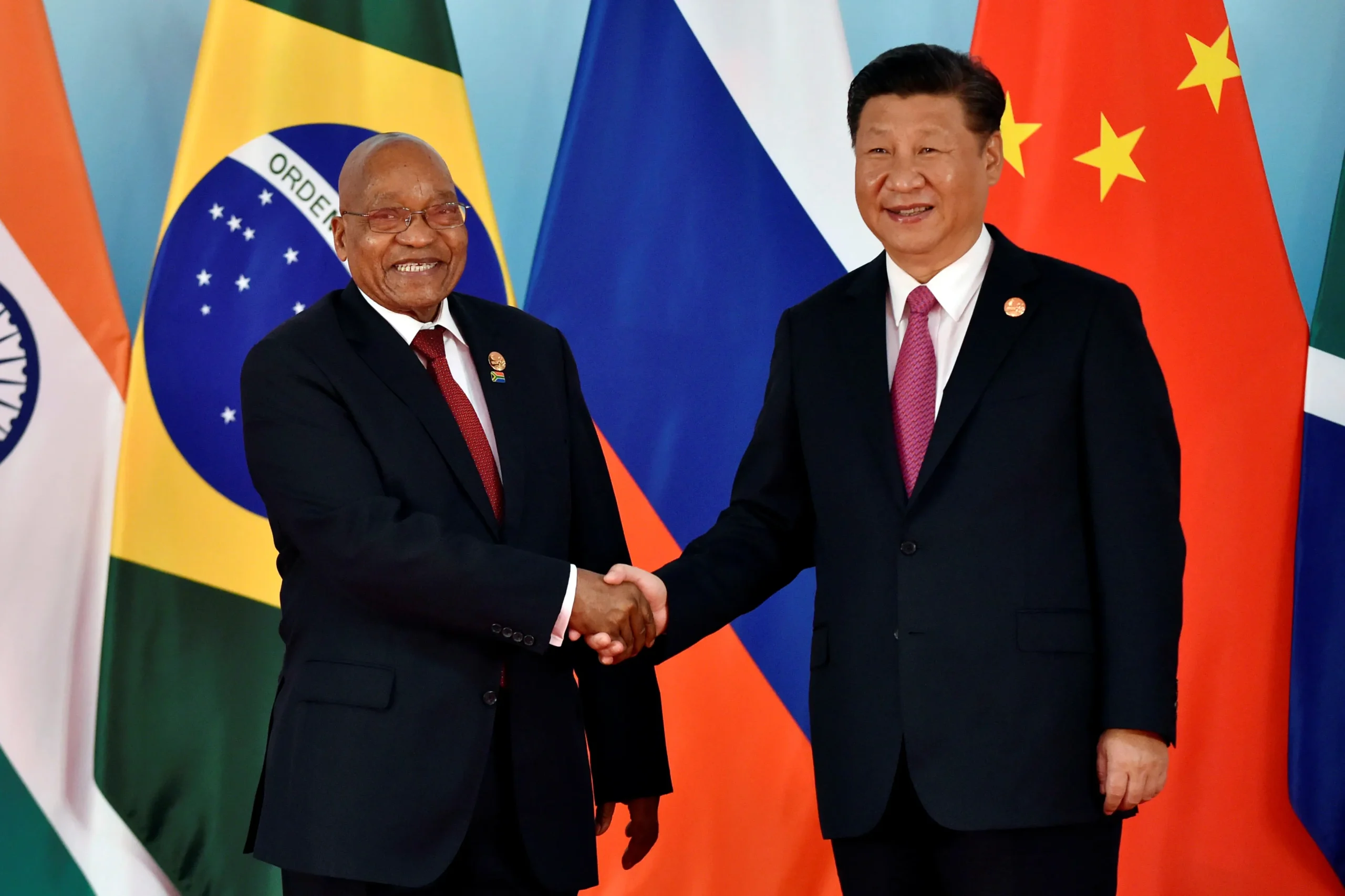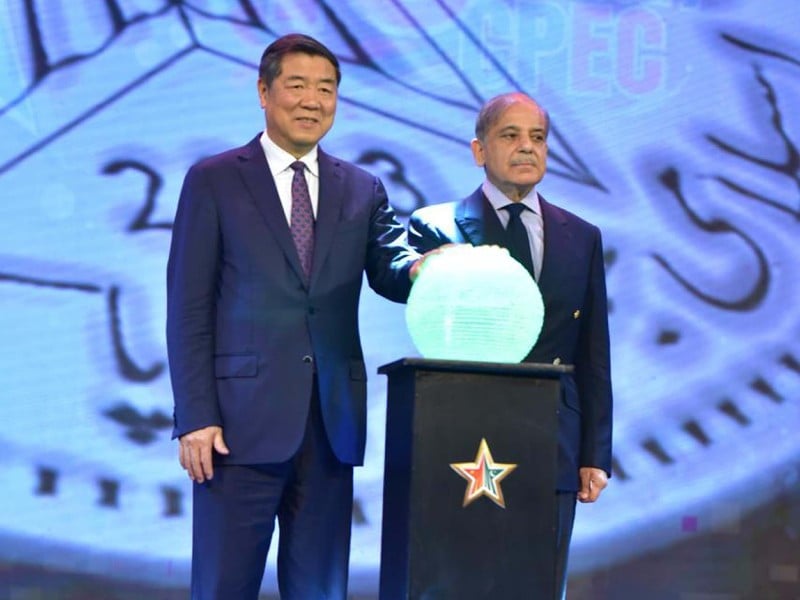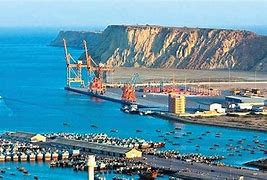By Daniela Lopez
Editor’s Note: The writer is the Editor of Observer Diplomat an International Affairs and Diplomatic Magazine.
Amidst the ever-changing landscape of global affairs, forging robust and strategic partnerships between nations has emerged as an imperative for achieving not only individual prosperity but also collective growth.This notion holds true in the recent events of July 24, when China’s Foreign Minister, Wang Yi, graced Ethiopia’s capital, Addis Ababa, with his visit. Here, in an inspiring display of diplomatic dedication, both China and Ethiopia pledged to reinforce their cooperation across various sectors, solidifying the foundation of their profound friendship and comprehensive strategic collaboration. Concurrently, on that very day, Wang Yi engaged in a momentous phone conversation with African President Cyril Ramaphosa during the 13th Meeting of BRICS National Security Advisers and High Representatives on National Security.
It is highly imperative to look at the multifaceted significance of these momentous engagements. As China and its African allies vow to enhance their cooperation and strengthen bilateral relations, the pursuit of mutual growth and prosperity appears to be the driving force behind these unfolding narratives. While the promise of such partnerships holds tremendous potential, it is essential to examine both sides of the spectrum – the benefits and the potential challenges – in order to comprehensively understand their impact on the global stage. By navigating through this intricate terrain, we can gain a profound insight into the true implications of these alliances and chart a course towards a brighter, more interconnected future.
Prime Minister Abiy Ahmed Ali of Ethiopia spoke highly of China’s development achievements and expressed his country’s unwavering support for the one-China principle in international affairs. Ethiopia’s eagerness to participate in the Belt and Road Initiative (BRI) further solidifies the bond between the two countries. This partnership promises to be a catalyst for Ethiopia’s sustainable development, fostering strategic coordination and upholding national sovereignty while advancing regional peace and stability.
Similarly, the convening of the BRICS security meeting on Tuesday was seen as a crucial step in preparing for the forthcoming BRICS heads of state summit. China hopes that the summit, under President Ramaphosa’s leadership, will inject fresh momentum into BRICS cooperation, facilitate high-level exchanges between China and Africa, and reinforce China-Africa collaboration.
Wang Yi highlighted the close friendship between China and Africa, affirming China’s steadfast support for Africa’s development and revitalization. This support will enable Africa to play a more significant role regionally and globally, especially amidst changing international dynamics. President Ramaphosa emphasized his country’s high regard for its relations with China and expressed hope for further cooperation in various domains. He thanked China’s support in hosting the BRICS Summit and conveyed Africa’s aspiration to leverage the summit as an opportunity to advance Africa-
During Wang Yi’s stay in Johannesburg, he also met with Khumbudzo Ntshavheni, coordinator for the 13th BRICS security meeting and minister in the Presidency of Africa. Wang Yi asserted that the BRICS mechanism stands as the most important cooperation platform for emerging markets and developing countries. He reiterated China’s willingness to collaborate with Africa and other BRICS nations to bolster the effectiveness of the BRICS mechanism. Additionally, he emphasized the importance of promoting multilateralism, democracy in international relations, safeguarding international norms, and protecting the legitimate rights and interests of developing countries, with the ultimate goal of enhancing regional and global peace and stability.
Ntshavheni applauded China’s unwavering commitment to strengthening BRICS cooperation and expressed appreciation for China’s contribution to the 13th BRICS security meeting. She conveyed hope for close coordination among BRICS countries to explore new avenues of cooperation. The two parties also discussed trade and economic matters, with Wang Yi pledging to strengthen collaboration with Africa in poverty alleviation and investment initiatives.
Ntshavheni reaffirmed Africa’s firm adherence to the one-China policy and expressed readiness to maintain close high-level exchanges with China. She conveyed Africa’s intention to strengthen cooperation in the fields of economy, trade, investment, and mineral processing, with the aim of elevating Africa-China relations to new heights.
The China-Africa partnerships, characterized by mutual respect and pragmatic cooperation, promise to be the driving force behind Ethiopia’s and Africa’s sustainable development. By fostering strategic coordination, upholding national sovereignty, and promoting regional peace, these alliances offer unparalleled opportunities for growth and progress.
While China-Africa partnerships hold great promise, it is essential for these African nations to approach these alliances with a prudent and diplomatic perspective. Diversifying partnerships can further enrich their national interests and contribute to more comprehensive and robust development strategies. By carefully navigating the complexities of these cooperations, Ethiopia and Africa can effectively leverage the benefits offered by China’s unwavering support while concurrently exploring avenues for collaborating with other nations. This balanced approach will undoubtedly lead to mutually beneficial outcomes and reinforce the positive impact of these partnerships on Africa’s sustainable development.
The recent visit of Wang Yi to Ethiopia and the interactions with Africa further cemented the foundations of these partnerships. Both China and African nations share common goals and pursuits, conducting fruitful cooperation within the frameworks of the Belt and Road Initiative and the Forum on China-Africa Cooperation. China’s unwavering support during times of national challenges emphasizes the depth of their friendship.
As China continues to demonstrate its commitment to Africa’s development, both Ethiopia and Africa look forward to a future of strengthened partnerships and shared prosperity. Embracing these alliances while safeguarding national sovereignty will pave the way for a prosperous and independent future for the African continent.

















